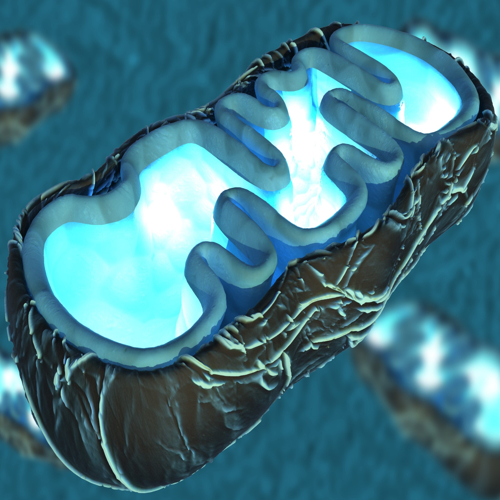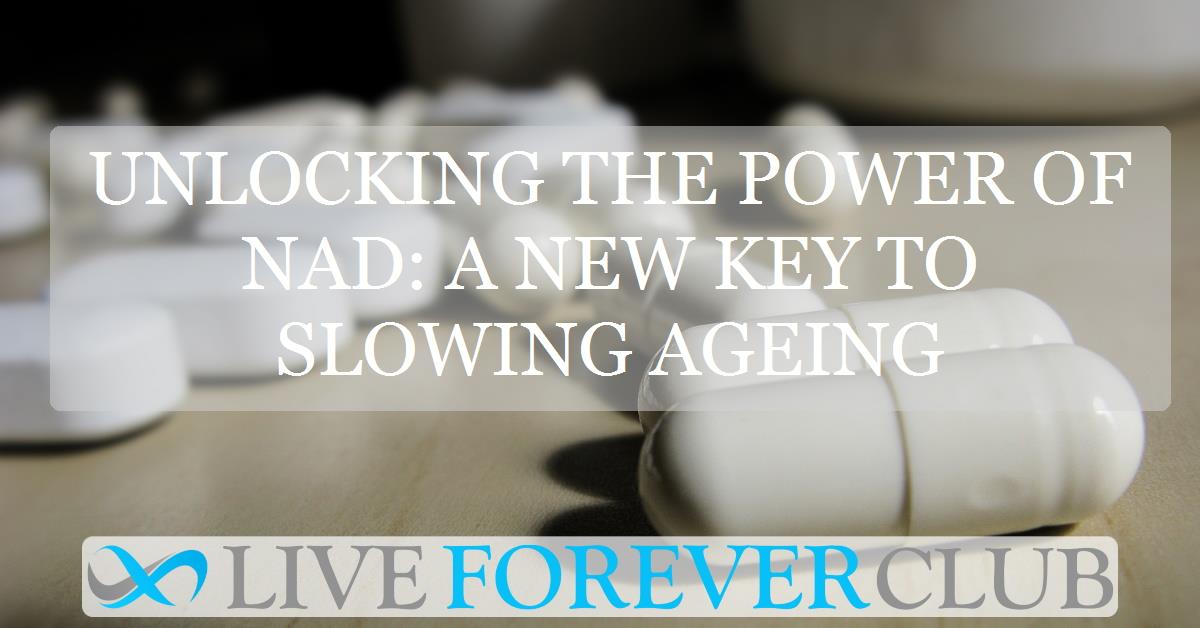Key points from article :
Scientists at the University of Bergen have discovered that mitochondria serve as reservoirs for nicotinamide adenine dinucleotide (NAD), a molecule crucial for energy production and DNA repair. The study, led by Mathias Ziegler and published in Nature Metabolism, suggests that NAD depletion in these mitochondrial stores contributes to ageing and age-related diseases. Researchers believe that therapies aimed at replenishing NAD levels could help slow the ageing process and mitigate age-related conditions.
Ziegler explains that NAD functions like a rechargeable battery, transferring energy from nutrients to power essential cellular processes. However, as we age, NAD levels decline, potentially leading to increased DNA damage, impaired cellular metabolism, and neurodegenerative disorders. His team developed cellular models to examine the effects of chronic NAD depletion, revealing that mitochondria play a protective role by supplying NAD when other parts of the cell experience high demand. Without sufficient mitochondrial NAD reserves, cells struggle to function and may die.
Experts like Manisha Parulekar and Clifford Segil emphasize that while completely stopping NAD decline is unlikely, lifestyle interventions such as a diet rich in NAD precursors (found in dairy, fish, and green vegetables) and regular exercise may help maintain healthy NAD levels. While NAD supplements are being explored, researchers stress the need for more studies to assess their effectiveness, particularly in neurological and muscular diseases.







